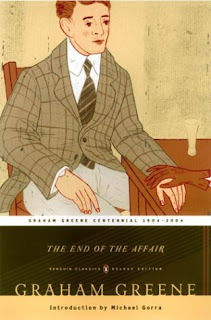
I liked this. Entertaining, informative, and a good fit with other things I've been reading recently about this period. The book primarily revolved around several discrete biographies - but the subjects overlapped, and were linked, somewhat, by association with Joseph Banks (in his role as President of the Royal Society - an organization promoting science in Britain).
The bios:
1. Joseph Banks - very interesting story of his travels around the world; especially in the South Pacific; specifically to Tahiti (first arriving there in 1769). JB was great at collecting data, sketches, etc. But his notebooks etc. about native life in Tahiti created quite the stir in England. JB was open-minded about the lifestyle there. And he was spending time before booze, Christianity and venereal disease permanently changed the Tahitian atmosphere. Sufficiently well-thought of to be elected as President of the Royal Society - a position he held for decades.
Contributed to development of viewpoints on man in "state of nature."
2. William Hershel - came over from Hanover due to hard times there; eventually brought over his smallpox-scarred sister (Caroline), who wanted to be a singer. Hershel was an excellent musician and had meaningful gigs in England. Avocation was astronomy - something like John Harrison, he somehow taught himself the techniques for grinding lenses for marvelous telescopes. Unlike Harrison, he was generally supported by the Astronomer Royal (Nevil Maskelyn). (
Harrison situation discussed here.) Made his reputation by discovering Uranus - the first "new" planet since ancient times.
Caroline's story was most interesting - she did progress to where she was starting to have performance opportunities as a singer, but she ended up working hand in hand with William on astronomy matters. Eventually gained her own recognition.
All sorts of famous folks visited - Hayden supposedly was inspired in writing the "Creation."
Led to discussions about the infinite number of stars, the likelihood of life on other planets given the huge number, whether Christ could have redeemed all these worlds, etc. A discussion continuing to this day.
3. There was a mostly uninteresting chapter about balloonists.
4. Mungo Park - Scottish - toured Africa. I do love the stories of 19th century explorers there.
5. Humphrey Davy - sold the scientific community (and the public) on the importance of chemistry. Experimented with various gases and how they might be used - if he had stuck with this, might well have pioneered anesthesia - did test, on himself, all sorts of dangerous mixtures and amounts. Hung closely with various poets (Coleridge), especially after a society marriage. Invented the Davy Lamp (trying to make coal mining safer).
6. There were shorter passages on other scientists, including Hershel's son.
 I've seen numerous positive references to this book. Including comparisons to "All Quiet on the Western Front" (discussed here), but set in WWII.
I've seen numerous positive references to this book. Including comparisons to "All Quiet on the Western Front" (discussed here), but set in WWII.

